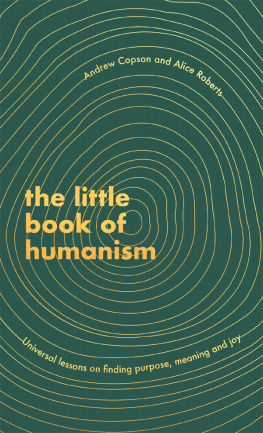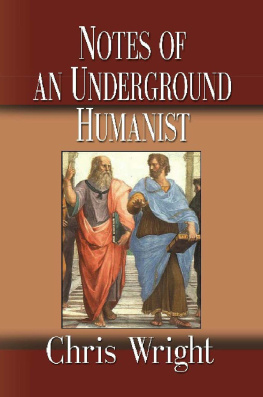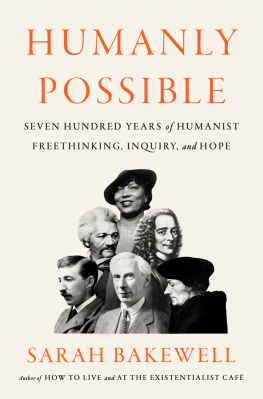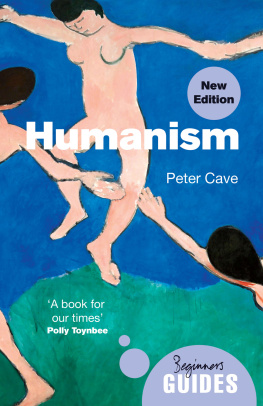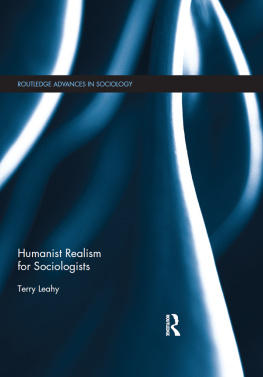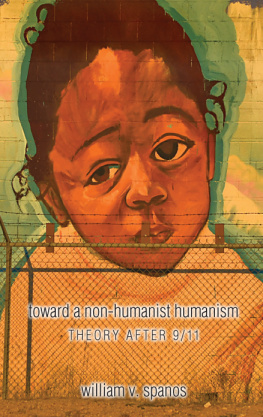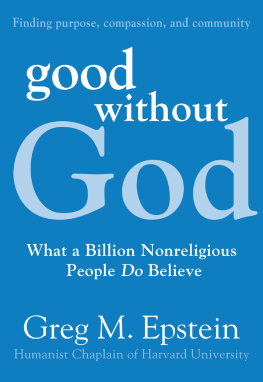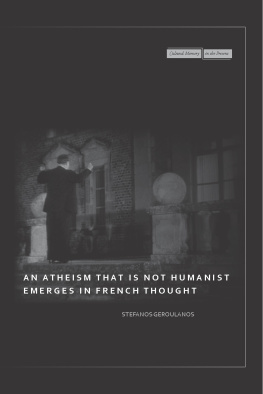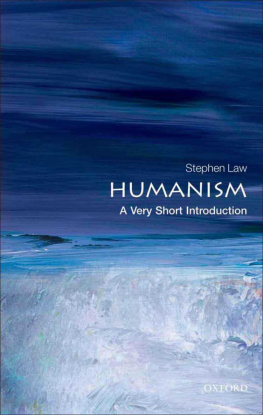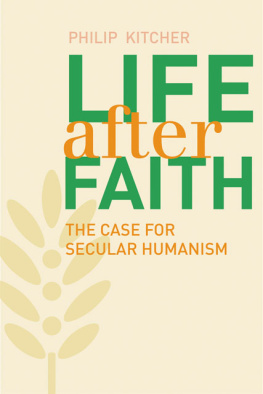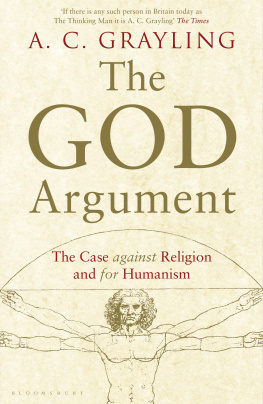Also by Andrew Copson
Secularism: A Very Short Introduction
The Wiley Blackwell Handbook of Humanism
Also by Alice Roberts
Dont Die Young: An Anatomists Guide to Your Organs and Your Health
The Incredible Human Journey
The Complete Human Body
Human Anatomy
Evolution: The Human Story
The Incredible Unlikeliness of Being: Evolution and the Making of Us
The Celts: Search for a Civilisation
Tamed: Ten Species that Changed our World
The Folio Book of Science

First published in Great Britain in 2020 by Piatkus
Text copyright 2020 Andrew Copson and Alice Roberts
The moral right of the authors has been asserted.
All rights reserved. No part of this publication may be reproduced, stored in a retrieval system, or transmitted in any form or by any means, without the prior permission in writing of the publisher, nor be otherwise circulated in any form of binding or cover other than that in which it is published and without a similar condition including this condition being imposed on the subsequent purchaser.
A CIP catalogue record for this book is available from the British Library.
ISBN 978 0 349 42545 0
PIATKUS
An imprint of
Little, Brown Book Group
Carmelite House
50 Victoria Embankment
London EC4Y 0DZ
An Hachette UK Company
www.hachette.co.uk
www.improvementzone.co.uk
Dedicated to all those who think for themselves and act for others
Contents
Heres a secret that more and more people are discovering: you dont need religion to live a good life. The natural world is wonderful enough, without having to imagine a supernatural or divine dimension to it. And our natural human capacities for reason, kindness and love are all we need to live well and with meaning.
Throughout history there have been non-religious people who have believed that this life is the only life we have, that the universe is a natural phenomenon with no supernatural side, and that we can live ethical and fulfilling lives using reason and humanity to guide us. These people have looked to scientific evidence and reason to understand the world. And theyve placed human welfare and happiness as well as the welfare of other sentient animals at the heart of how they choose to live their life.
Today, people who hold these beliefs and values are called humanists. There are millions of individuals around the globe who share this way of living and of looking at the world even if they havent heard of the word humanism, and realised that it describes what they believe.
You might have heard of humanism before, or you might be reading this now and thinking: This describes me! Ive been a humanist without even knowing it.
There are more humanists today than ever before, as the influence of religion wanes around the world. And many religious people are finding humanist ideas appealing and religions themselves are changing as a result.
Humanism is a positive approach to life which has underpinned many of the humanitarian revolutions as well as the drive for equality over the last few centuries. That is something we should celebrate.
We wanted to share humanist ideas even more widely, and thats why weve written this book. Weve collected together what we hope are inspiring and thought-provoking words from humanists past and present containing universal lessons on finding purpose, meaning and joy in our lives. The humanist tradition is dynamic and evolving its an ongoing conversation about how to live truthfully, ethically and happily. We hope this book will help you find a way to join that conversation.
Andrew Copson and Alice Roberts
October 2019
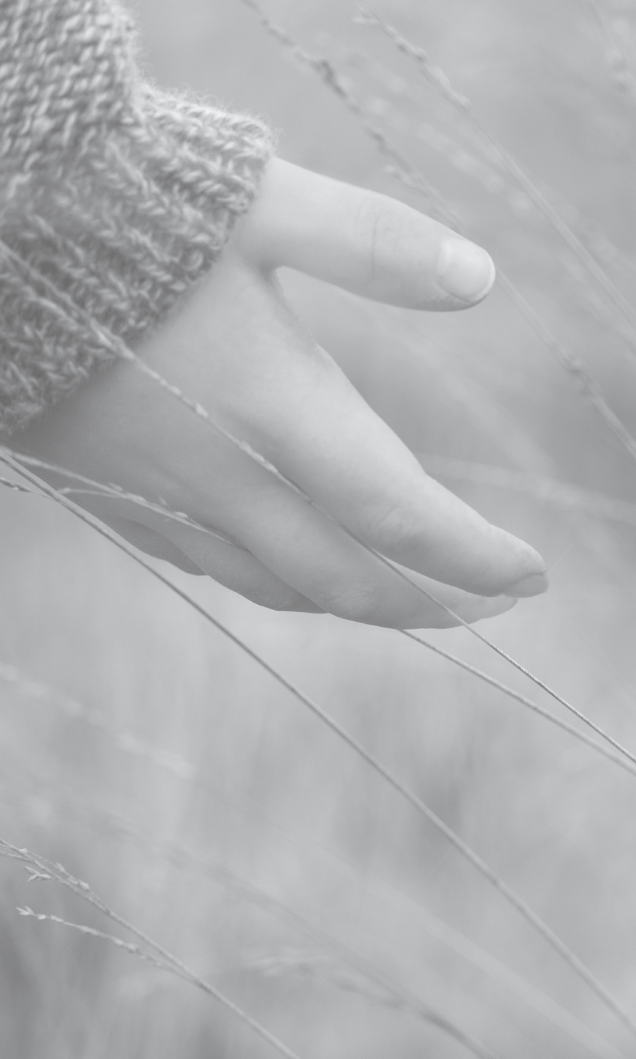
Hello babies. Welcome to Earth. Its hot in the summer and cold in the winter. Its round and wet and crowded. On the outside, babies, youve got a hundred years here. Theres only one rule that I know of, babies God damn it, youve got to be kind.
Kurt Vonnegut
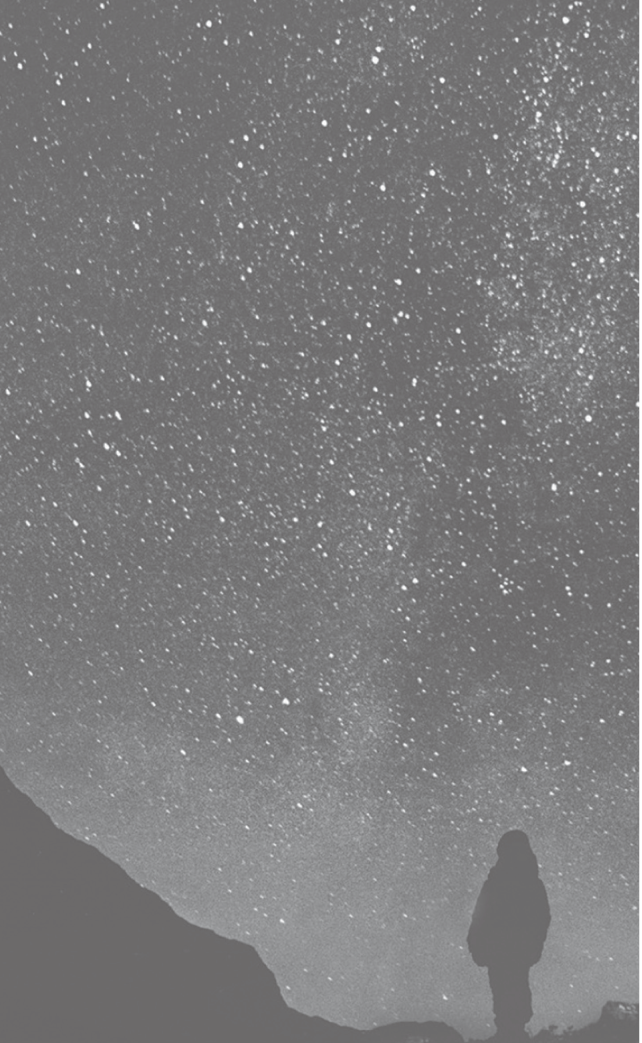
We are here because one odd group of fishes had a peculiar fin anatomy that could transform into legs for terrestrial creatures; because the earth never froze entirely during an ice age; because a small and tenuous species, arising in Africa a quarter of a million years ago, has managed, so far, to survive by hook and by crook.
Stephen Jay Gould

All the evidence points to the origin of our universe in a Big Bang, when matter was created out of energy, in a huge explosion nearly 14 billion years ago.
Much more recently about 4.5 billion years ago this planet formed out of molten debris orbiting around its star, our sun. Then, around a billion years later, the first life forms appeared.
Starting with single-celled organisms, millions of different species evolved here and are still evolving. Many millions of species have become extinct, but there are still millions left, from bacteria to plants, and fungi to animals.
We are one of those species.
We are earthlings like every other life form on this planet.
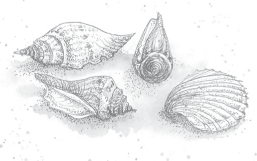
Though below me, I feel no motion Standing on these mountains and plains Far away from the rolling ocean Still my dry land heart can say Ive been sailing all my life now Never harbor or port have I known The wide universe is the ocean I travel And the earth is my blue boat home
Peter Mayer
We humans are part of nature, not separate from it.
Were connected to every living thing on the planet.
If you feel a sense of quiet comfort in a green forest, or joy when the rain falls around you, or pleasure when the sun warms your face, youre feeling a deep and meaningful connection with your own natural environment.
Try to think about this next time you are outside in nature.
We are nestled in the story of life on this planet part of it.
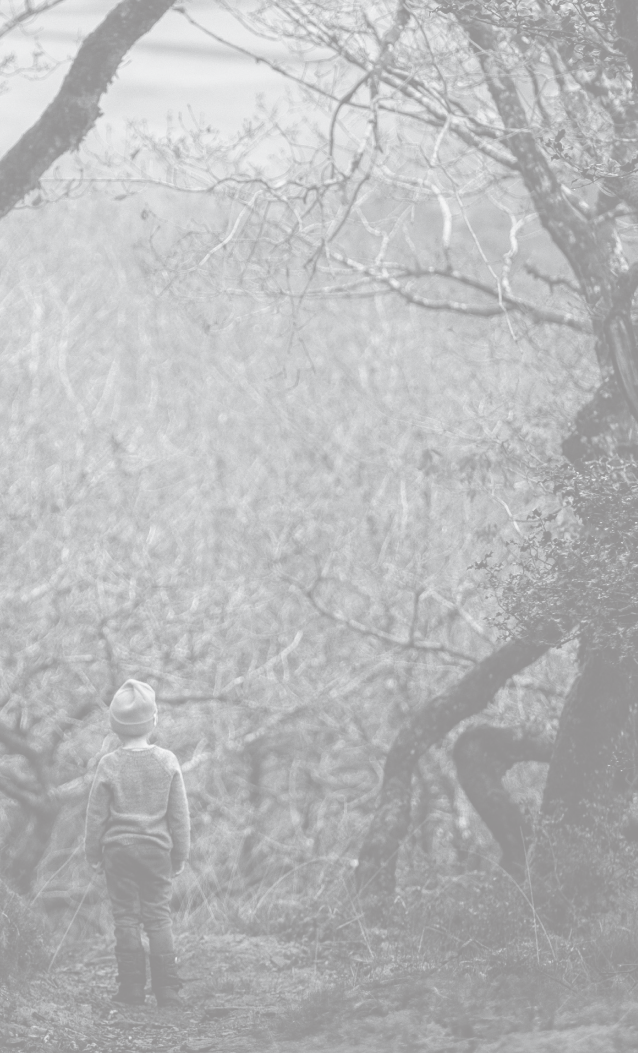
The humanist has a feeling of perfect at-homeness in the universe. He is conscious of himself as an earth-child. There is a mystic glow in this sense of belonging... Rooted in millions of years of planetary history, he has a secure feeling of being at home, and a consciousness of pride and dignity as a bearer of the heritage of the ages and growing creative centre of cosmic life.
Eustace Haydon
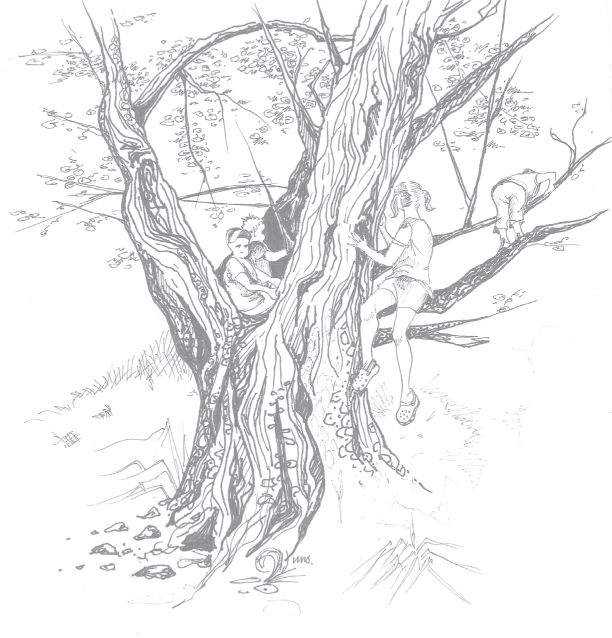
We could never have loved the earth so well if we had had no childhood in it, if it were not the earth where the same flowers come up again every spring that we used to gather with our tiny fingers as we sat lisping to ourselves on the grass...
Next page
